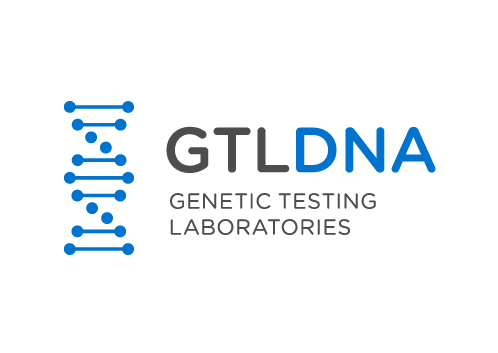How does a lactose intolerance DNA test work?
The test analyzes the Beta-D-Galactosidase gene and determines whether the enzyme responsible for lactose digestion is functioning. This will establish whether there is an intolerance or non-intolerance and hence if dietary recommendations, lifestyle changes are required. Click here to see the sample report.
Why take this test?
There are other tests used to determine whether you are suffering from lactose intolerance. However, tests require that you actually consume lactose-containing products. Depending on how badly you suffer from this condition, these tests can cause added discomfort. A DNA test does not require you consume any lactose containing foods. If you are at a high genetic risk, the test will confirm this even if you are on a lactose-free diet.
Carrying out the lactose intolerance DNA test
Carrying out our lactose intolerance test is simple and straightforward. You will just need to send us a DNA sample collected using mouth swabs. We will provide the mouth swabs inside the kit we send you. Kits include:
- Instructions
- Consent forms
- Self-addressed return envelope
- Mouth swabs
Once you have collected the required samples, you can send these back for testing at the laboratory. Results will be issued in 10-15 working days from the moment we get your samples at the laboratory.
The symptoms of lactose intolerance
The symptoms of lactose intolerance are very non-specific and could in fact be causes by other conditions. These include:
- Diarrhea
- Nausea, and sometimes, vomiting
- Abdominal cramps
- Bloating
- Gas
These non-specific symptoms are exactly why you really need this DNA test. If you have a gene which predisposes you to lactose intolerance and places you at a high risk, it is likely that the symptoms you experience when ingesting lactose are caused by intolerance to the sugar.
Excluding all lactose containing products to see if the symptoms ease off completely is the most common way of diagnosing the condition. If the test excludes the presence of the gene, you know that it is highly unlikely that the symptoms you have are due to lactose intolerance.
Products containing lactose:
The below are just some of common products we consume which commonly contain milk or lactose.
- Bread
- Baked goods
- Processed breakfast cereals
- Instant potatoes, soups, and breakfast drinks
- Margarine
- Lunch meats (except those that are kosher)
- Salad dressings
- Candies
- Chips and other processed snacks
- Mixes for pancakes, biscuits, and cookies
- Soft cheeses
- Milk
- Nondairy whipped toppings
- Nondairy liquid and powered coffee creamers
Consider a celiac disease genetic predisposition test
Do you experience discomfort, such as abdominal pain and bloating, after you eat certain foods such as bread or pasta? Do you think you might be celiac? Click here to read more about this test we offer.
Order Now
